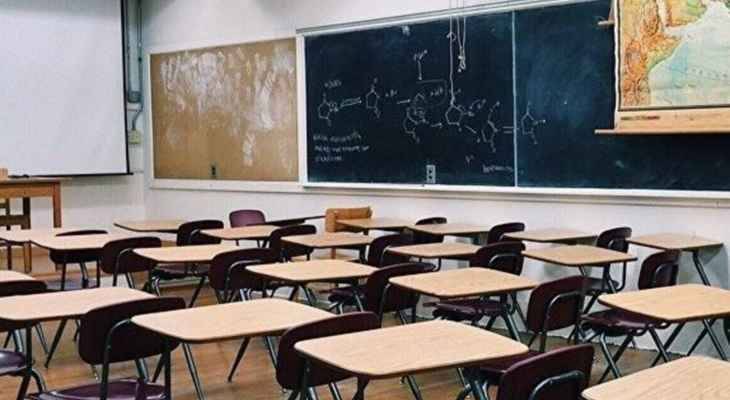The public education associations stated that "trade union work has always been a means to claim rights, which requires solidarity and cooperation among all components affected by injustice and making decisions that align with achieving demands. Therefore, we decided to strike for one week, extending it week after week until it reached eight consecutive weeks." The statement emphasized that "we demanded a fixed exchange rate for teachers to ensure the stability of their salaries, offered incentives valued at $150, paid these incentives for the first three months of the academic year, provided a transportation allowance equivalent to 6 liters of gasoline for each day of attendance, improved hospital coverage and cooperative benefits, increased education grants, and recognized the rights of contractors regarding transportation allowances and monthly payments under complete contracts."
The associations highlighted that "from the first day of the strike, they have not neglected daily follow-up through communications with concerned parties to maintain public education, and they called for protests that were carried out in all Lebanese regions. We thank everyone who participated in those protests, as they set an example of union commitment and provided momentum in negotiations with the relevant parties."
They noted, "In light of the stalemate in finding solutions, especially after the government meeting on 6/2/2023 and its refusal to grant a special exchange rate for the educational sector by the Central Bank Governor, and the approval of a meager transportation allowance (200,000 for each workday), and after the strike entered its second month, the associations launched a solution initiative to achieve demands concerning the Ministry of Education to suspend the strike, with a commitment to follow up on other matters with the government, where necessary. The result was:
1- Full recognition of the right to receive incentives, which have now become a production allowance for the past three months (October, November, December) totaling $300 with specified payment dates.
2- A monthly production allowance of $125 linked to attendance as a production allowance, not a favor.
3- The issuance of a decision to grant a transportation allowance of 5 liters for each day of attendance, which included contractors, marking the first time this allowance has been calculated based on the gasoline price.
4- The implementation of a monthly payment mechanism for contractors, to commence at the end of next month.
5- Confirmation from the General Director of the State Employees Cooperative to increase the value of education grants, potentially up to five times."
The statement added, "As for the other demands regarding salary stability, since they concern all public sector employees, the associations will strive to rally all those affected by low salaries to pressure for their correction and dollarization without resorting to unconventional measures such as a special exchange rate or providing another part in dollars until the economic situation returns to normal. Regarding health coverage, which is related to the government, the associations have initiated contacts with the General Director of the State Employees Cooperative, identified the required costs, and commenced communications to pressure for securing the necessary allocations to support the cooperative and its capacity to cover healthcare expenses, and they will closely follow this matter."
It continued, "The associations have recently followed up with the Minister of Education in the caretaker government on several demands, which he confirmed his readiness to address and commit to, including:
1- Payment of the production allowance on their due dates.
2- Reevaluation of the designated working days for March.
3- Supporting the associations' efforts to secure necessary allocations for the State Employees Cooperative.
4- Supporting the associations' demand to benefit from the production allowance starting from July until the end of the year, which the public sector will receive."
The associations declared, "Based on the aforementioned, and recognizing the rules of union work, when initiatives are proposed to resolve any crisis from outside, they must be presented to the delegates and general assemblies. However, since they initiated a resolution and entered negotiations regarding it, holding multiple sessions for its approval, and once it is issued by official decision, there is no need to present it to general assemblies. Therefore, the associations announce the resumption of teaching in secondary schools and institutes starting from the morning of Monday, 6/3/2023, while continuing the strike in the evening shift until all workers in it receive the production allowance."




